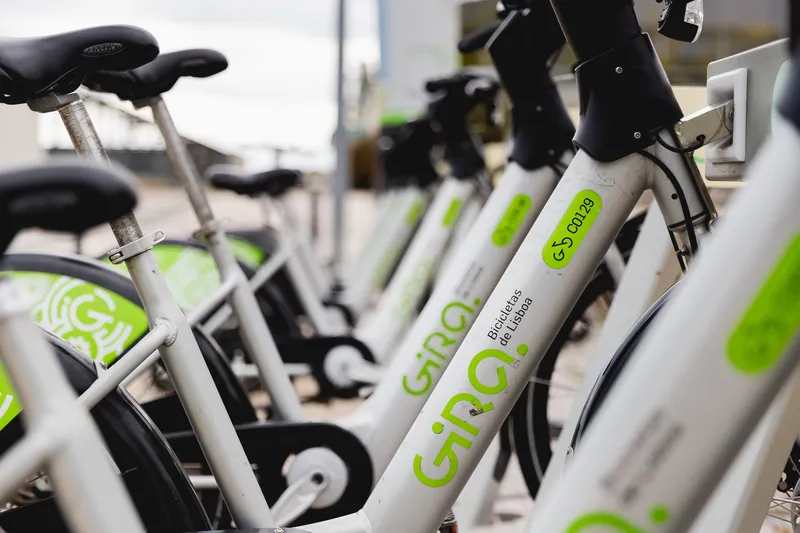Bike-share integration programme means Gira bikes can now be seen by Bird app users
By Adam Hill
March 21, 2022
Read time: 1 min

E-scooter specialist Bird has linked up with Lisbon's public bike-share provider Gira.
The move means that Bird app users will be able to see and access Gira bikes in the Portuguese capital.
Riders simply tap the green bike icon to connect them to Gira rentals.
Bird does something similar with bikes and e-mopeds in a number of European cities, including Oslo, Rome, Florence, Bordeaux and Tbilisi, as well as several US cities.
Brian Buccella, Bird’s SVP, government partnerships and consumer products, says the move "will increase access to clean transportation alternatives in Lisbon”.
Elsewhere in Portugal, Bird services are available in Vila Franca de Xira, and has rolled out its Bird Three e-scooters in various cities throughout the country.









